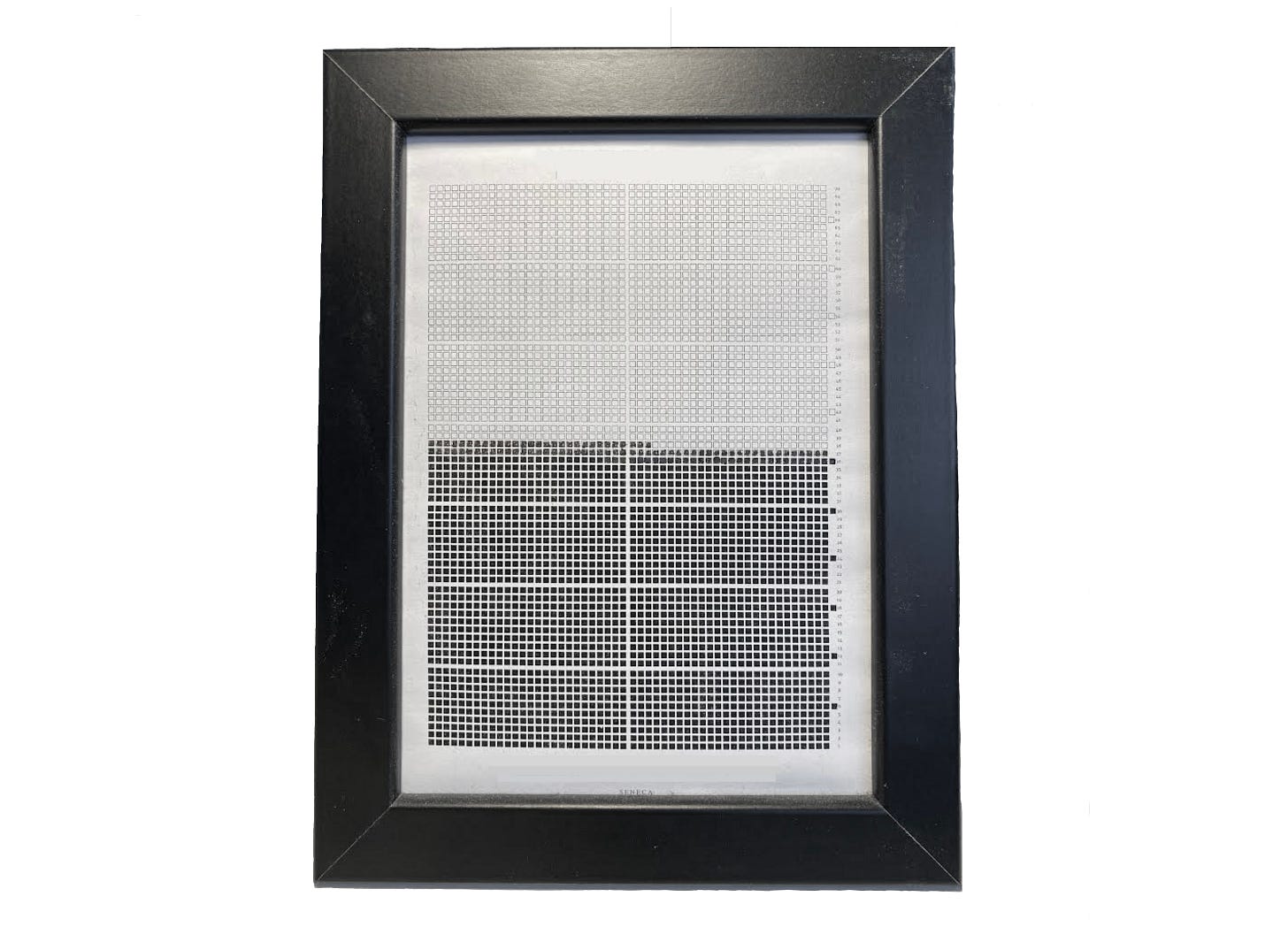One Rule I Live By
Why I want to wake up to an empty calendar.

Recently, someone asked me what’s the one rule I live by.
It’s a great question so I wanted to take my time. But I felt the answer in the pit of my stomach immediately.
It all started when, several years ago, I came across Tim Urban's post called Your Life in Weeks.
If you haven't read it, I’m sorry but going to spoil it for you. In it, Tim describes a way to visualize how long an average life is.
Imagine a grid of little squares arranged in 52 columns and 70-80 rows. That adds up to about 4000 squares.
Each little square represents a week of your life.
Life is finite.
When I first saw this, I was shocked at how finite life is. That feeling was even more pronounced when I took a black pen and filled in all the squares I had already lived.
I could only come to one conclusion.
Our time on this planet is the most valuable thing we have. I don't care how rich you are, none of us can go out and buy more.
Life has a distinct end.
Yet everyone is so busy.
How much time is collectively wasted in traffic jams and pointless meetings? How many of our little squares do we actually spend truly living?
The truth is, too many of us spend our days working to live. With rising costs and a growing gap between the rich and the poor, there is little choice.
We sacrifice our time on the altar of the grind.
But even those with enough money to never have to work again often keep toiling away. Unfortunate disciples to the cult of money and status, we too easily fall into the trap of living to work.
A forgotten prediction.
In 1930, the economist John Maynard Keynes wrote an essay called Economic Possibilities for our Grandchildren. In it, he made some predictions about how we would be living today.
His most famous prediction was that, given the rate of technological progress over the course of the 20th Century, we'd be—you and me—working no more than 15 hours a week.
But he made another prediction that I find even more compelling.
He predicted that our biggest challenge to having our basic needs met wouldn't be technological or economic, but mental.
"For the first time since his creation man will be faced with his real, his permanent problem—how to use his freedom from pressing economic cares, how to occupy the leisure, which science and compound interest will have won for him, to live wisely and agreeably and well.”
He goes on to say that:
“It will be those peoples, who can keep alive, and cultivate into a fuller perfection, the art of life itself and do not sell themselves for the means of life, who will be able to enjoy the abundance when it comes."
Learning how to live.
I remember listening to a talk, I can't remember where, with Pico Iyer; he said something that has stuck with me (and I'm paraphrasing now):
There is nothing more beautiful than an empty day ahead of you. It stretches out before you like an open field in spring.
I love that.
And that's why it's my rule for living.
I want as much control over my time as possible.
Takeaways
Your life is finite; your time on earth is limited.
Busyness gets in the way of truly living.
Learning how to live is our biggest challenge.



Those John Maynard Keynes quotes are bang-on relevant. Our lives are far more materially abundant now than we realise. The challenge that the vast majority of us have is to appreciate this from moment to moment, and to enjoy it.
Futurism in the first half of the 20th century had really astonishing pieces of prediction. From every spectre of expression: science to arts, it's really impressive how this generation of thinkers were so ahead of their time in conceptualizing the impact of technology in the life of human beings